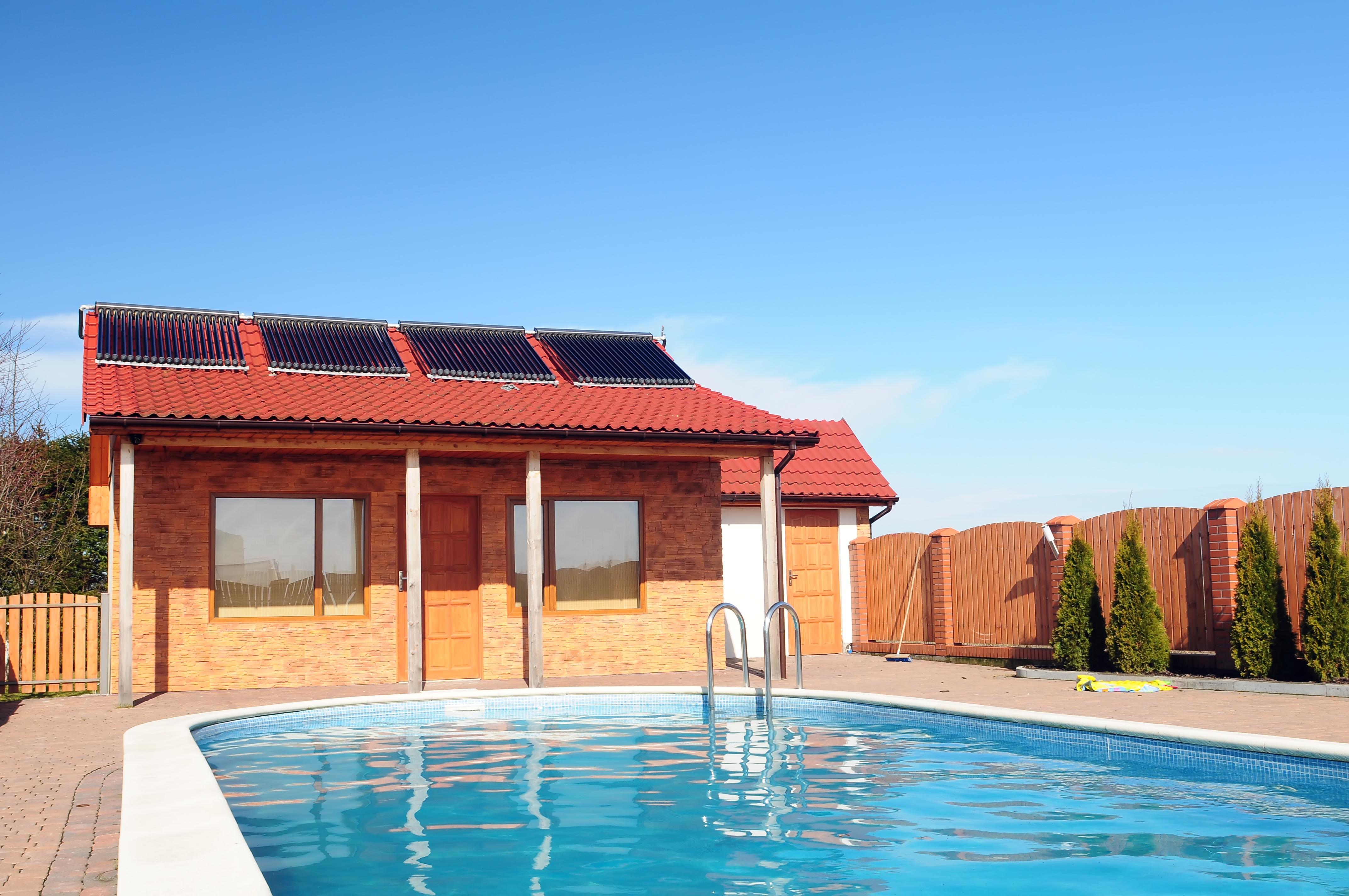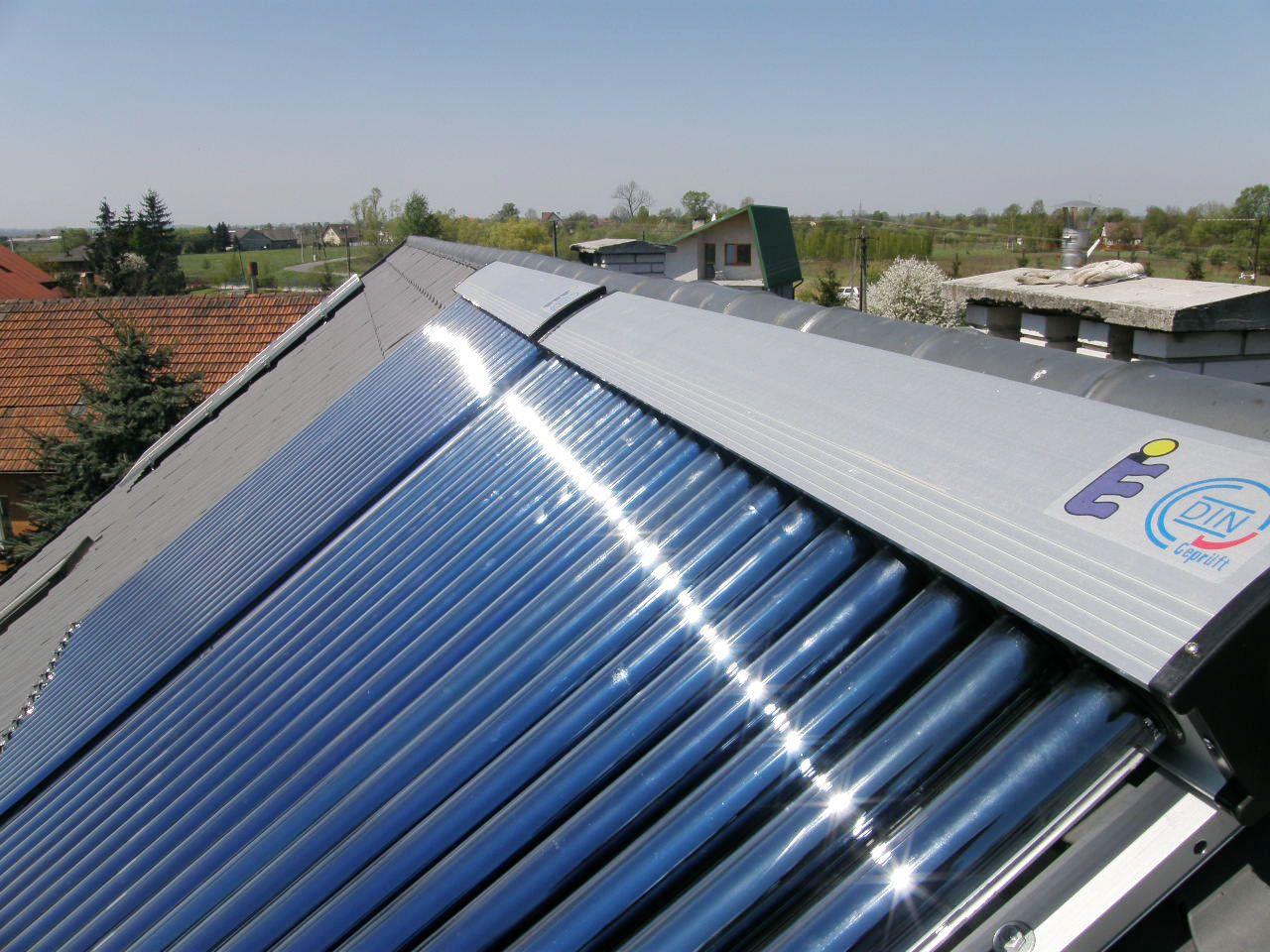Most pool owners are very much familiar
with the benefits and cost savings of using solar energy for heating
their pools. They use pools for seasonal purposes and use pools during
summer seasons. However, investing in solar energy can offer enormous
benefits to solar pool owners.
When it comes to investing in a heating system for your swimming pool, you should look no further than Northern Lights solar pool heaters.
These systems can be integrated so that they supply heat to the pool
during summer and provide home and space heating and residential hot
water in winter.
That means solar pool heating systems
can reduce your heating bills throughout the year. These heating units
are the only options for indoor pool owners who are looking for a
perfect solution for heating their pool during winter. These pool
heaters have much longer life expectancy and are able to provide enough
heat energy throughout the season than any other pool heaters available
on the market.

However,
overall buying cost is substantially less which allows homeowners to
take advantage of amazing cost savings over fossil fuels and electricity
as well as larger savings than other types of traditional pool heating
systems.
Why Do You Switch to Advanced Solar Pool Heating System?
Previously,
pool owners were used leaky plastic mats aligning the roofing of their
homes. Now it’s time to adapt to the new age of solar pool heating
system that uses the high powered solar vacuum tubes to provide solar
heating energy delivered indirectly to the pool.
The
Northern Lights solar pool heating system has a stainless steel or
titanium heat exchanger to eliminate harmful damage to be caused by
chlorinated water. The heat exchanger eliminates the requirement for
oversized heat pumps to increase large water volumes to the top of roof.
It requires a small circulating pump that draws less than a light bulb
with a life expectancy of twenty years.

The advanced solar pool heater has solar evacuated tubes that offer numerous pool heating benefits. Some of them are discussed below.
- A solar vacuum tube works in indirect light and cloudy conditions. That means, the system is able to provide useable heat energy to the pool from sunrise to sunset.
- Generally, vacuum tubes have a life expectancy of over 25 years so that you won’t need to fix leaks and replace plastic mats once in every three to five years.
- Overall ownership cost of solar pool heater is substantially less.
- Solar evacuated tubes work effectively even during windy conditions.
- Ordinary plastic pool heaters work like radiators that eliminate the heat energy much faster than it can be supplied when there is even a slight breeze.
- Vacuum tubes work even in minus 40 degrees. So, when the ambient temperature is colder than the pool water, a solar water heater is working. But other systems only provide heat energy when the surrounding air temperature is higher than the pool temperature.
- As
a pool owner, you will be able to extend your pool season by two to
three months by installing an advanced solar pool heating system.
Bottom Line –
Do you want to know more details about solar pool heating systems? Feel free to contact Northern Lights Solar Tubs at 1-800-759-8990.
Comments
Post a Comment